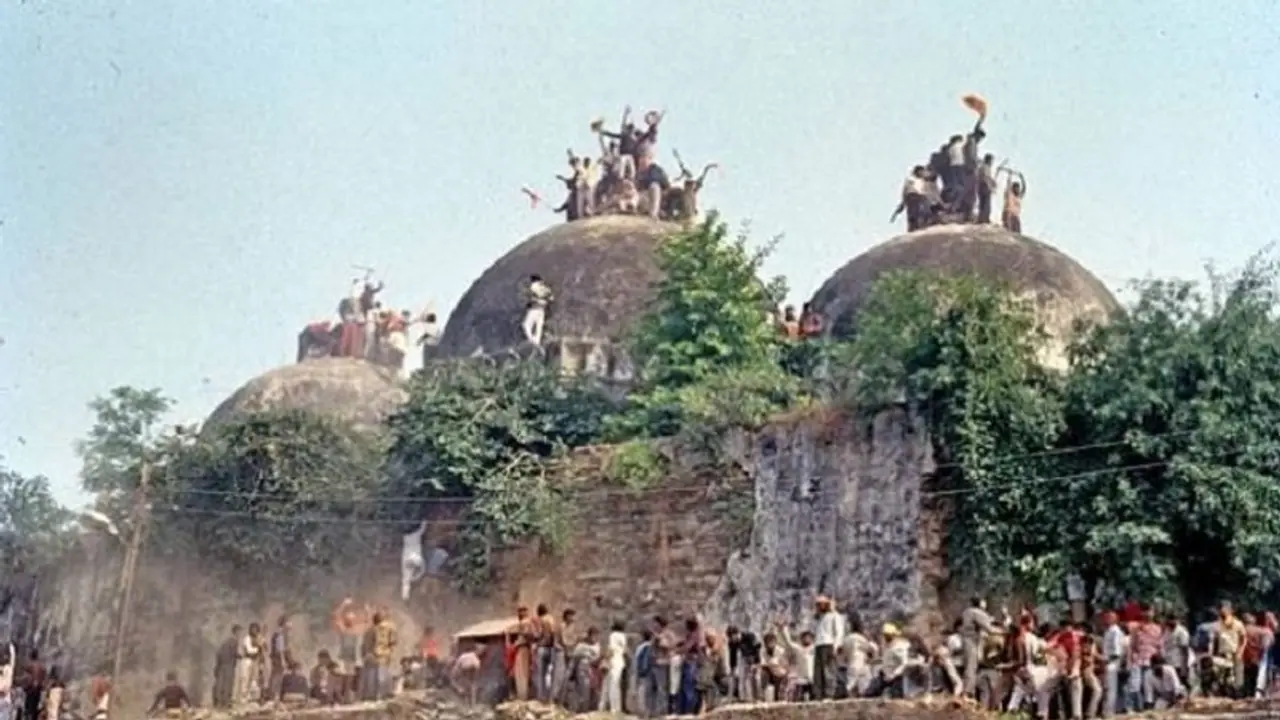Revisions to NCERT Class 11th and 12th Political Science textbooks have sparked controversy for minimizing historical events like the Babri Masjid demolition and Gujarat riots. Critics decry these changes as whitewashing history, while NCERT defends them as updates to promote positive citizenship and streamline educational content.
The recent revisions to the NCERT syllabus for Class 11th and 12th Political Science textbooks have ignited a heated debate over the exclusion and alteration of certain historical events. One of the significant changes involves the treatment of the Babri Masjid issue in the updated curriculum.

Previously, the textbooks included a detailed account spanning four pages on the demolition of the Babri Masjid in Ayodhya. The revised version, however, has reduced this to just two pages, referring to the structure as a building with three towers and omitting the name 'Babri Masjid'. Additionally, references to Hinduism and the term 'Hindutva' have been removed.
'Want him to become PM again': Ex-Babri litigant Iqbal Ansari praises Modi's 10-year tenure (WATCH)
Dinesh Prasad Saklani, the Director of NCERT, defended these changes, emphasizing that the curriculum undergoes regular updates. "We aim to cultivate positive citizenship among students, steering away from narratives that focus on violence and discord," Saklani remarked.
In another alteration, the depiction of the 2002 Gujarat riots in the Class 11th political theory book has also been significantly modified. Where previously the textbooks stated that approximately 1,000 people, mostly Muslims, perished in the Godhra riots, the revised edition now reads simply as '000 people, regardless of community'.
Moreover, the revised textbooks have revised former Prime Minister Nehru's statement on communalism from "communalism of the majority community is dangerous to national unity" to "communalism is dangerous to national unity".
Changes extend beyond historical events; the language used to describe political ideologies has also been revamped. The term 'leftist' is now defined as those advocating for government control of the economy, diverging from its previous connotation as pro-poor and supportive of welfare policies.
'Even Iqbal Ansari attended Ram Mandir inauguration': PM Modi takes a dig at Congress (WATCH)
Critics argue that these alterations amount to a whitewashing of history and dilution of significant socio-political events that have shaped modern India. However, NCERT maintains that the revisions are part of an effort to streamline content and focus on fostering a constructive learning environment.
The modifications come amidst ongoing debates over the role of educational institutions in shaping historical narratives and social consciousness.
